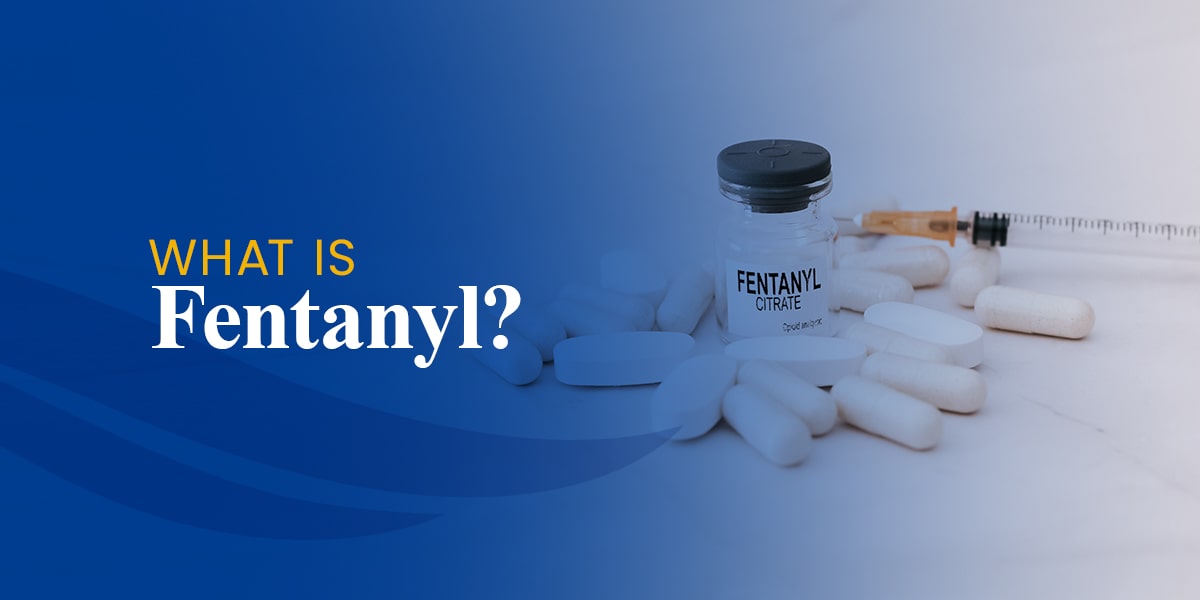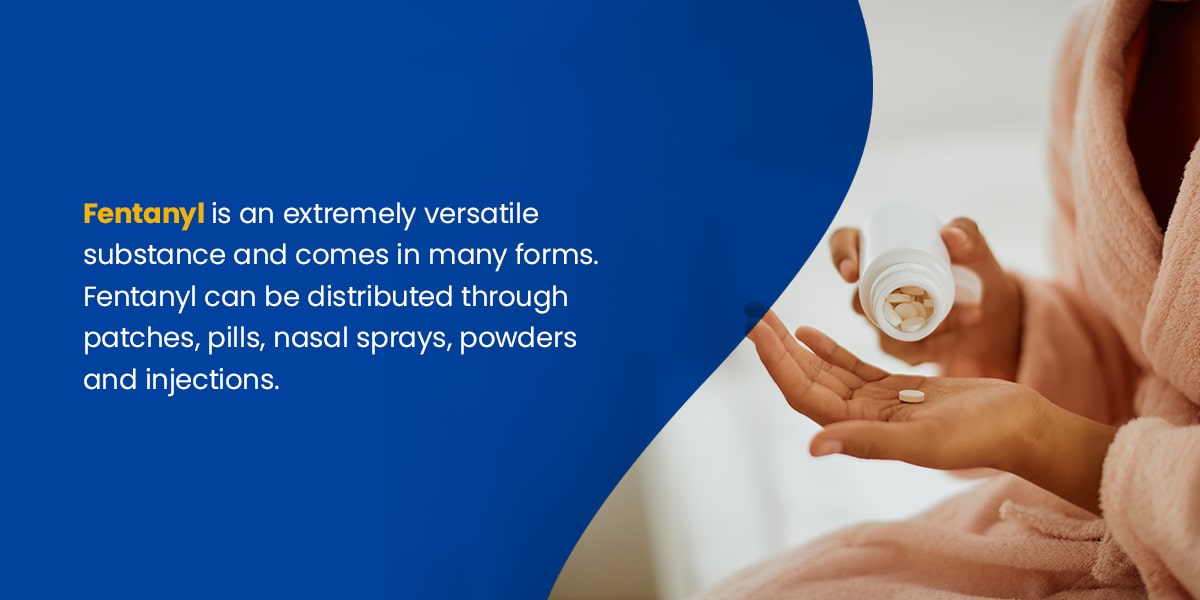What Is Fentanyl?


Written By
DreamLife RecoveryFentanyl is a synthetic opioid most commonly found in hospitals. It’s a powerful drug that’s up to 100 times more potent than morphine. While it’s excellent for people undergoing major surgeries and in serious pain, fentanyl has increasingly found a market among substance users. It can create intense feelings of euphoria — but not without a price.
In the U.S., fentanyl is an increasingly common and dangerous substance. The risk of overdose is extremely high with fentanyl when compared to other substances. As it’s much stronger than most medications, even a small amount can lead to overdose when not prescribed by a professional. Also, fentanyl tends to be mixed with other substances, whether the user knows it or not, leading to accidental overdoses.
How Long Does Fentanyl Stay in Your System?
Depending on the kind of test you take, fentanyl could be detectable for up to three months after your last use. However, fentanyl is undetectable after a few days with most tests. The most common drug tests are:
- Blood tests: Blood tests have the shortest detection period of about 48 hours.
- Urine tests: Urine tests can detect fentanyl for a bit longer than blood tests, usually for about 72 hours after use.
- Hair tests: Fentanyl can register in hair tests up to three months after use.
- Disorientation
- Nausea and vomiting
- Slowed breathing, heartbeat and reflexes
- Drowsiness, weakness and fatigue
- Constipation
- Dry mouth
- Stiff muscles


What Are the Side Effects of Fentanyl?
Fentanyl is an extremely versatile substance and comes in many forms. Fentanyl can be distributed through patches, pills, nasal sprays, powders and injections. Dealers may mix it into other drugs, including heroin, MDMA and cocaine. That makes it challenging to know which effects come from fentanyl and which are caused by other drugs.
Someone using fentanyl may experience:
Depressed breathing may be a symptom of overdose. If you notice someone has stopped breathing completely or has no heartbeat or blue or purple skin, call 911 immediately as these are classic fentanyl overdose symptoms. Naloxone can treat an overdose but it must be administered quickly to be effective.
Find Treatment for Fentanyl Abuse at DreamLife Recovery
If you or a loved one is using fentanyl, reach out to DreamLife Recovery today. This substance has caused countless overdoses and serious pain for thousands of families around the world. Recovery is possible with our support.
You can call our team at 844-402-3592 or contact us online now. Our professionals will treat you with compassion and ensure you get the help you need today.






